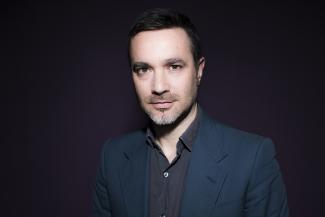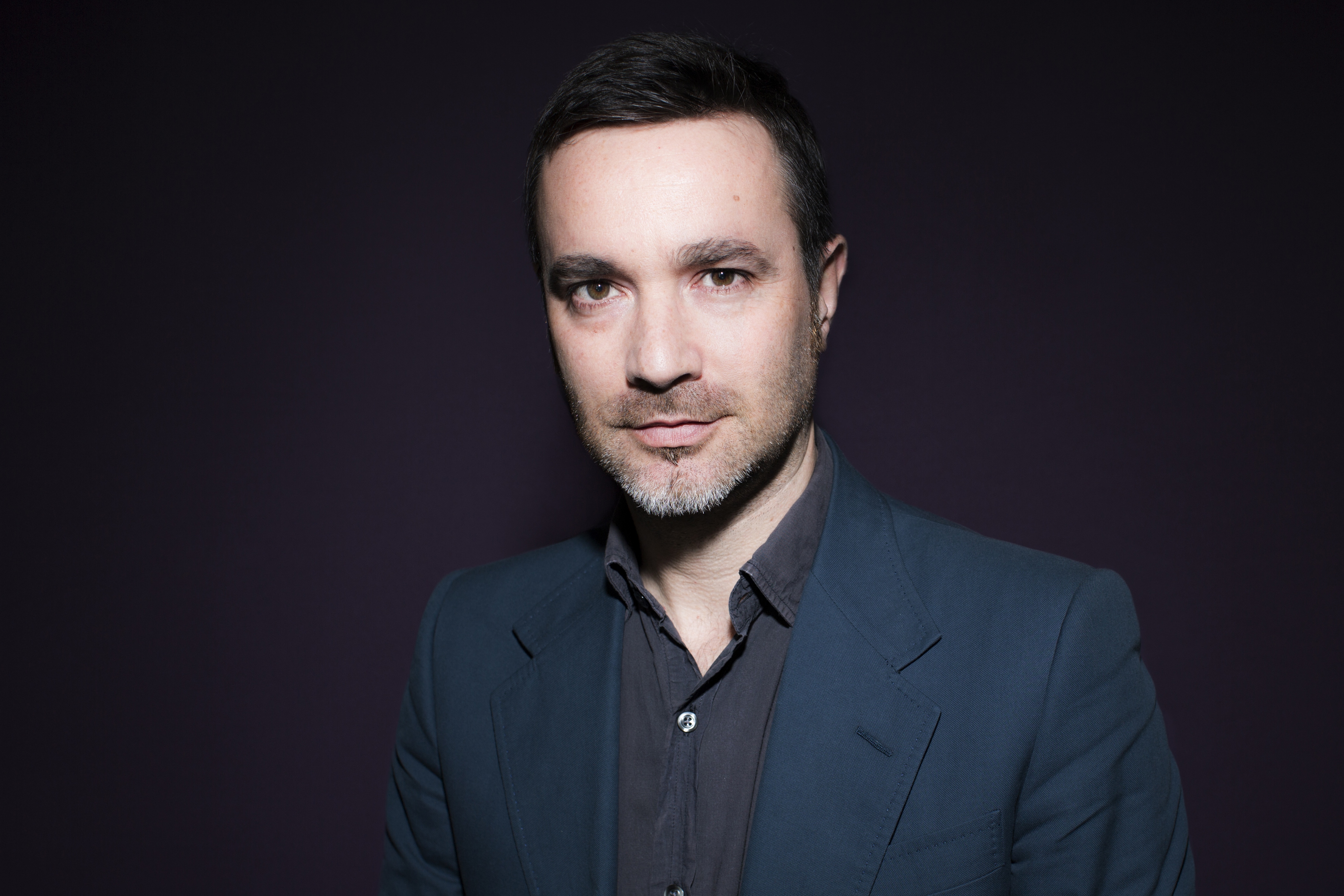Anglo-French dialogue - "Co-Development: What Objectives? What Principles?"

Practical information
Second Meeting of the Anglo-French Policy Dialogue on Regularisation and Co-Development: "Co-Development: What Objectives? What Principles?"
Project directed by Christophe Bertossi (Ifri, 'Migrations, Identities, Citizenship' Programme) in partnership with the Barrow Cadbury Trust.
With irregular migration, co-development involves another important aspect of the future of a European migration policy, namely its international dimension, and the idea that any progressive migration policy must benefit both sending and receiving countries.
First, it is a matter of limiting the costs ("brain drain") and increasing the benefits (migrants' remittances) of immigration for the countries of origin. The idea is that immigration to Europe must not be organised by EU States at the expense of sending countries. This principle is also partially an outcome of the security-based approach to immigration: a more effective control of the EU external borders and a less important migratory pressure on these borders would result from the co-operation between EU countries and the countries of origin. The "Global Approach" confirmed at the Rabat Conference (2006) is clearly framed by this security rationale.
Second - and in an even more ambiguous way - co-development is based on the assumption that development and migration are deeply intertwined. The rationale behind co-development is that the development of the countries of origin will decrease the perceived migratory pressure on the EU borders. This must be questioned for two reasons. On the one hand, more economic development in these countries will not stop emigration, but only transform the profile of migrants engaged in migration. On the other hand, it is far from certain that migrants work for the development of their countries of origin. Certainly, they contribute to a circulation of skills and remittances, but the project of emigration is primarily an individual and family one. When these remittances reach the country of origin, they do not necessarily become an investment that produces sustainable development.
Third, another aspect of co-development policies consists in proposing financial incentives for migrants to return to their countries of origin, and start businesses or work there. The problem is that the success of voluntary return schemes in the past decades is highly disputed. France experimented with such schemes in the 1970s with mixed results.
Speakers
Other events

Paris Naval Conference 2026: Naval Rearmament and Operations in Contested Waters
This fourth edition of the Paris Naval Conference (CNP), bringing together high-level military, industrial, and academic speakers, will address the challenges associated with general naval rearmament and naval operations in increasingly contested environments.







